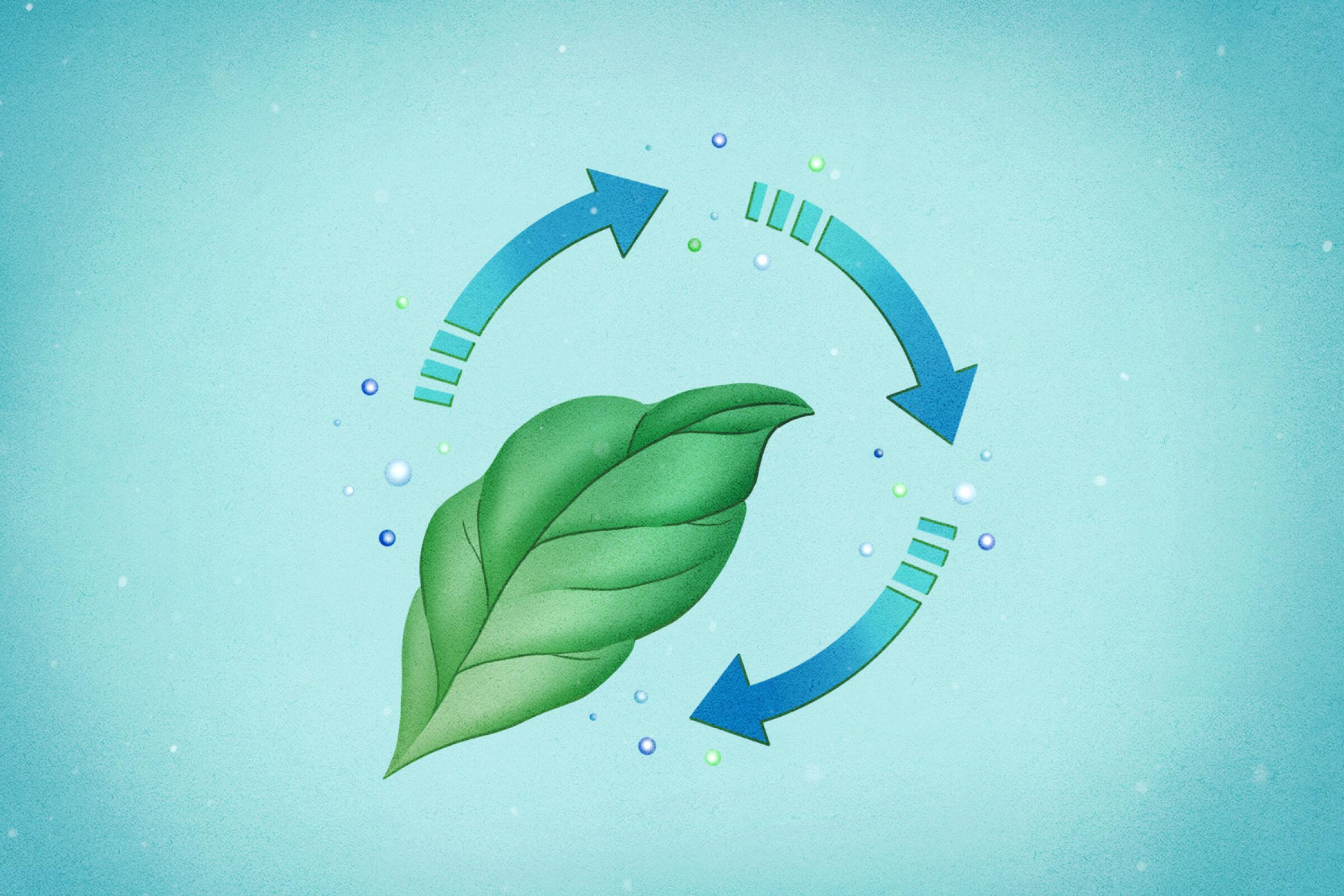Sign up for The Wild
We’ll help you find the best places to hike, bike and run, as well as the perfect silent spots for meditation and yoga.
You may occasionally receive promotional content from the Los Angeles Times.

When the air inside your home is toxic from volatile organic compounds (VOCs) such as paint and cleaning supplies, it’s nice to know that your houseplants clean the air, right?
Not necessarily.
In one of the most buzz-kill moments of 2019 (for houseplant lovers, anyway), a Drexel University study published in November in the Journal of Exposure Science & Environmental Epidemiology found that natural ventilation improves air quality much faster than potted plants.
“This has been a common misconception for some time,” said Michael Waring, an associate professor of architectural and environmental engineering who studies indoor air quality at Drexel’s College of Engineering. “Plants are great, but they don’t actually clean indoor air quickly enough to have an effect on the air quality of your home or office environment.”
That hasn’t stopped the public from praising plants as natural VOC killers in books such as “Skogluft, Forest Air (Norwegian Secrets for Bringing Natural Air and Light Into Your Home and Office to Dramatically Improve Health and Happiness),” countless “Top 10 Plants for Cleaning Air” lists online and the marketing of plants for their air-purifying capabilities.
Annette Gutierrez of the garden store Potted said it is one of the most common inquiries she receives from customers: “Do you have plants that clean the air?” “In this Instagram culture where people read only headlines, they want to believe it’s true,” she said. “They live in L.A. which has poor air quality. It’s a desperate attempt to try and control things when everything else feels out of control.”
You can’t blame them. A 1989 Clean Air Study by NASA contributed to the myth after it concluded that common house plants remove VOCs from the air in small, sealed chambers.
One is a physician with an active practice in San Diego.
Waring and doctoral student Bryan Cummings didn’t buy it, however, noting that our homes, with air flowing in and out, are nothing like sealed chambers.
After examining 12 published studies of experiments spanning several decades, Waring and Cummings took the data of 196 experimental results and used it to calculate what they called CADR, or “clean air delivery rate.”
Using the CADR, they were able to measure how well plants dissipated VOCs compared with natural ventilation. Ultimately, the researchers concluded that our homes would need 10 to 1,000 plants per square meter — or 900 to 9,000 plants for 900 square feet — to clean the air as well as natural ventilation.
Ten months ago, Tommy Engström quit his job in ad sales, packed up his Chicago apartment and drove to Los Angeles.
“This is certainly an example of how scientific findings can be misleading or misinterpreted over time,” Waring said. “But it’s also a great example of how scientific research should continually reexamine and question findings to get closer to ... understanding what’s actually happening around us.”
Gutierrez, weary of disappointing her customers who want to believe their ZZ plant cleans the air, said she prefers to focus on the other beneficial aspects of plants. “Plants do cleanse your attitude,” she said. “Looking at something that’s alive is great for your psyche.”
Sign up for The Wild
We’ll help you find the best places to hike, bike and run, as well as the perfect silent spots for meditation and yoga.
You may occasionally receive promotional content from the Los Angeles Times.